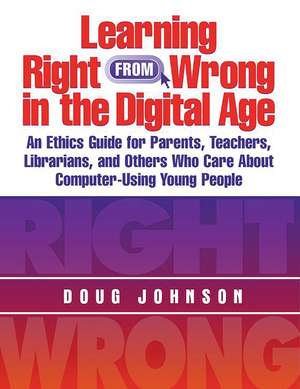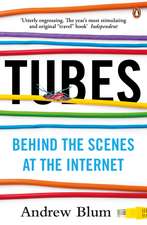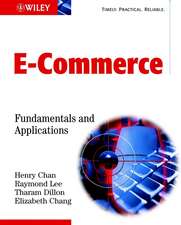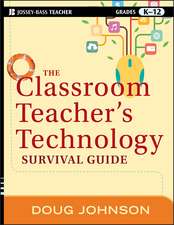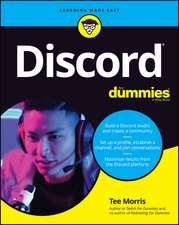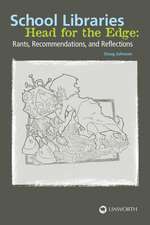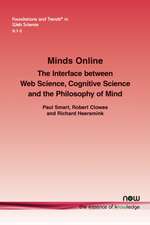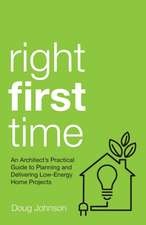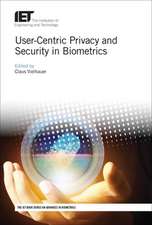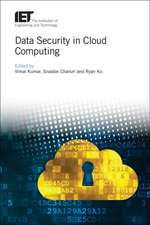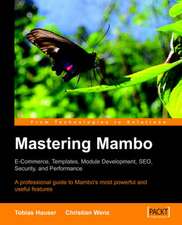Learning Right from Wrong in the Digital Age: An Ethics Guide for Parents, Teachers, Librarians, and Others Who Care About Computer-Using Young People
Autor Douglas A. Johnsonen Limba Engleză Paperback – 31 dec 2002 – vârsta până la 17 ani
Preț: 250.45 lei
Preț vechi: 322.47 lei
-22% Nou
Puncte Express: 376
Preț estimativ în valută:
47.92€ • 50.04$ • 39.57£
47.92€ • 50.04$ • 39.57£
Carte tipărită la comandă
Livrare economică 15-29 aprilie
Preluare comenzi: 021 569.72.76
Specificații
ISBN-13: 9781586831318
ISBN-10: 1586831313
Pagini: 175
Dimensiuni: 216 x 279 x 8 mm
Greutate: 0.34 kg
Editura: Bloomsbury Publishing
Colecția Linworth
Locul publicării:New York, United States
ISBN-10: 1586831313
Pagini: 175
Dimensiuni: 216 x 279 x 8 mm
Greutate: 0.34 kg
Editura: Bloomsbury Publishing
Colecția Linworth
Locul publicării:New York, United States
Notă biografică
Doug Johnson is director of Media and Technology at I.S.D. 77 Mankato Public Schools in Minnesota.
Recenzii
Johnson's guide should be required reading. It makes elementary what is often unclear and ambiguous and provides analogies of situations to point out how stealing is stealing whether it's in a store or in a virtual situation. His approach is to entice discussion and allow the students to discover the answer to the ethics question in a variety of settings. After an overview of the difference between the physical and virtual world in regard to ethical codes, several sections are devoted to scenarios of various behaviors that involve privacy, property, and appropriate use of information. Each scenario provides discussion topics as well as the relationship to National Learning Standards. Resources such as privacy and search policies, and Web sites are provided for more information. One section specifically instructs teachers, librarians and parents on what students need to know in order to practice ethical behavior with computers. It offers information about Acceptable Use policies, Web Site Guidelines, Library Rules, and Plagiarism Guidelines. It reminds teachers how to create plagiarism proof assignments and describes what parents can do at home to teach and encourage ethical behavior. Finally, appendixes offer sample documents of those policies that all schools and libraries should have available. Highly Recommended.
